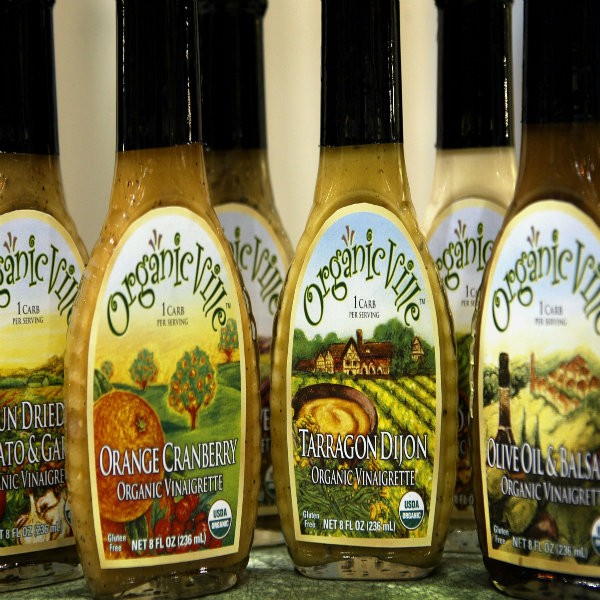The popularity of gluten-free diet has increased in the last few years. Traditionally used as the only treatment option for people suffering from celiac disease (CD), this form of diet is nowadays being preferred by even those who are not affected by the autoimmune disease.
Gluten-free diet is considered to be a healthy lifestyle option by a number of individuals. A survey conducted by market research company Mintel in 2015 revealed that a majority of Americans had "no reason" to explain their choice of gluten-free products.
Parents, on the other hand, sometimes put their children on gluten-free diet over health concerns. Such parents tend to think that feeding their children with gluten-free products will help prevent CD or relive the symptoms associated with the condition. However, they forget to consult a dietician or test the efficiency of the products in the first place.
Dr. Norelle R. Reilly from Columbia University Medical Center recently commented over the increasing use of gluten-free products. In her commentary published in The Journal of Pediatrics, Dr. Reilly discussed some of the most common misunderstandings associated with gluten-free diet.
"Parents should be counseled as to the possible financial, social, and nutritional consequences of unnecessary implementation of a gluten-free diet," Reilly wrote. He said one of the common misconceptions associated with the use of gluten-free products is that they are completely safe for consumption and act as a "healthy lifestyle" choice with no disadvantages at all but there are no proved benefits of gluten-free lifestyle in individuals with wheat allergy or CD.
In addition, there are no credible evidences supporting the misconception that taking a gluten-free diet can help first-degree relative of people with CD or newborns and children who are at an increased risk of developing CD.
Gluten-free diet can increase the body fat and give rise to a number of nutritional deficiencies, claims Reilly in her commentary. In addition, it can interfere with the actual diagnosis of CD in an individual who consumes gluten-free diet on a regular basis.
The nutrition expert further believes that health care providers might not be able to stop this choice of lifestyle from getting popular. However, they can certainly help by educating the patients and parents.
The following video examines some of the popular gluten-free foods:




























